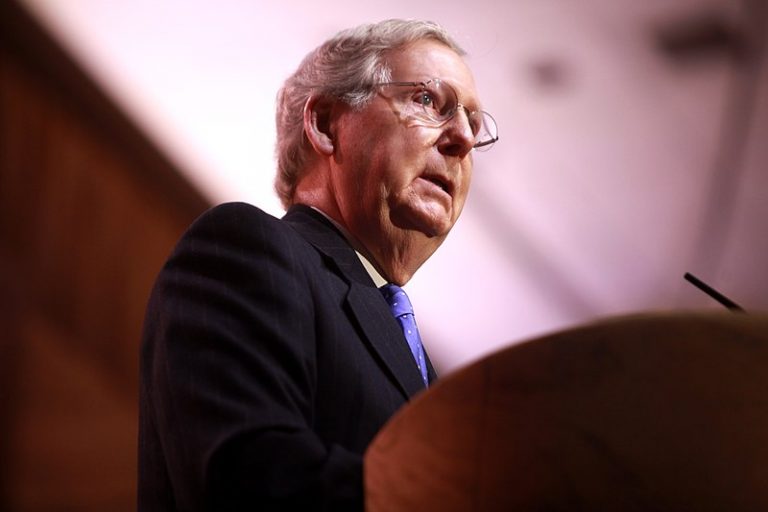In an 80-13 vote, the Senate has joined the House of Representatives to override Trump’s Dec. 23 veto of the National Defense Authorization Act (NDAA).
President Trump expressed his displeasure with the rebuke and the lack of support he received from the GOP in a Jan. 1 Tweet: “Our Republican Senate just missed the opportunity to get rid of Section 230, which gives unlimited power to Big Tech companies. Pathetic!!!”
Congressional override
Senator Mitch McConnell was a sharp critic of Trump’s veto. “Not once in six decades has a Congress let its differences prevent it from completing this work for our national security and our men and women who wear the uniform,” McConnell said on the Senate floor. “For the brave men and women of the United States armed forces, failure is simply not an option. So when it’s our turn in Congress to have their backs, failure is not an option either.”
The NDAA authorizes funding for military development and financial support to military personnel including an increase in hazardous duty pay that will grow from $250 to $275 per month. Furthermore, it outlines strategic programs and assessments that will be made in regard to Chinese aggression, financial activity and espionage.

GOP Senator Jim Inhofe said: “Not only does this bill give our service members and their families the resources they need, but it also makes our nation more secure — pushing back against China and Russia [and] strengthening our cyber defenses.”
Success
You are now signed up for our newsletter
Success
Check your email to complete sign up
Trump had vowed to veto the NDAA unless the bill’s language was altered to remove or remake Section 230 of the 1996 Communications Decency Act. Trump, as well as many Conservatives, feel that section 230 allows for the silencing of conservative voices on social media.
The outdated act sets limits to the responsibility that Big Tech companies have for user posts, but additionally gives them the power to censor information they deem harmful. It was initially created to help foster free speech and help protect American tech companies, but now many on both sides of the political spectrum feel it needs to be modified or remade.
Bloomberg reported: “While lawmakers from both parties have called for modifying or even eliminating Section 230, even Trump allies said it was the wrong place and the wrong time to wage that battle.”
In addition to his objections to section 230, Trump also objected to the military renaming bases and removal of symbols honoring the Confederacy that was outlined in the NDAA.
Follow us on Twitter or subscribe to our email list
















